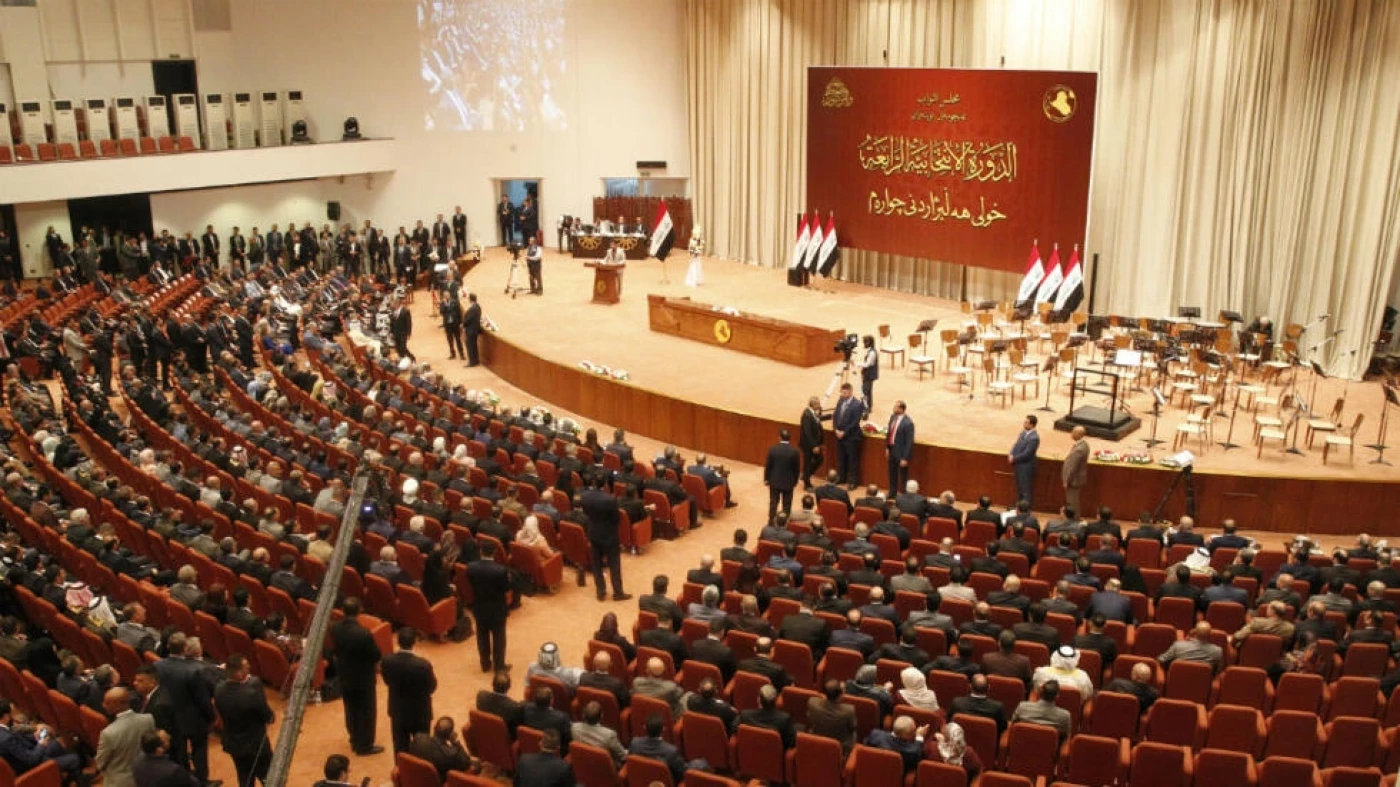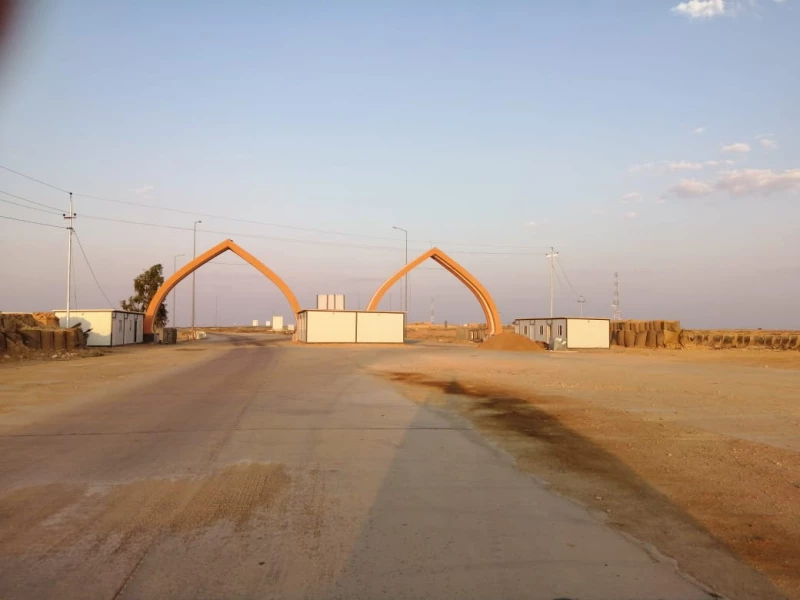The Iraqi Parliamenttary Legal Committee introduced a draft law to replace imprisonment with fines for minor offenses.
The proposed law aims to offer an alternative to imprisonment for crimes not exceeding three years, with exceptions.
It excludes serious crimes like corruption and drug trafficking. The law suggests a daily fine of 10,000 Iraqi dinars and requires the consent of the convicted individual. It is intended to alleviate financial burdens and provide a chance for those convicted.
Committee member Raed al-Maliki told the Iraqi News Agency (INA), “The draft law to replace imprisonment with financial penalties was submitted by us and presented for the first reading.”
Al-Maliki explained that “The idea of the law was proposed in 2019 by the Supreme Judicial Council because the law provides an opportunity for those convicted of minor crimes, not exceeding three years in prison, with some exceptions for certain crimes, to replace the remainder of their sentence with financial penalties, while maintaining their criminal record and not being released from custody.”
He added, “According to the Supreme Judicial Council, the amount is 50,000 Iraqi dinars per day, but we found that it would only benefit the wealthy, so the current proposal from the Finance Committee is only 10,000 Iraqi dinars per day.”
The proposed law includes several restrictions, notably excluding crimes related to financial and administrative corruption, drug trafficking, and moral offenses such as prostitution and adultery. Additionally, it does not apply to those who have previously received general amnesty or committed crimes impacting national security.
Al-Maliki further said that “The proposal requires the consent of the second party, and tolerance remains for public rights, and any financial amounts owed to the complainant must be paid,”
Additionally, the law specifies that only convicts whose sentences have expired for three months or more can benefit from it and it requires prisoners to submit a request, which must be approved by a judge based on the court's discretion.



 Facebook
Facebook
 LinkedIn
LinkedIn
 Telegram
Telegram
 X
X


